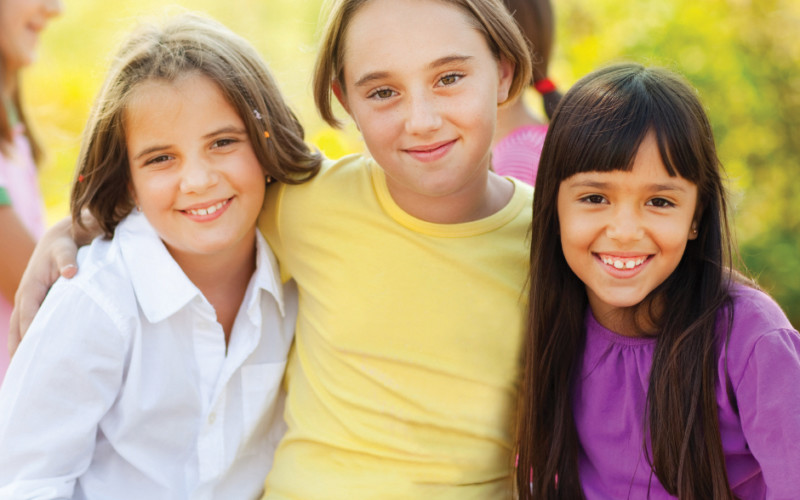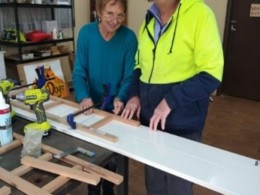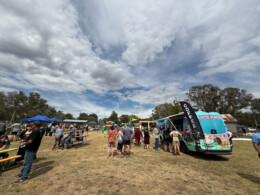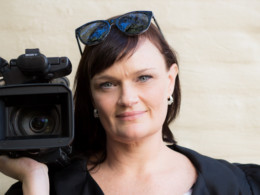The provision of Special Religious Education (SRE) has been integral to NSW public education since the Public Instruction Act 1880.
This partnership between faith communities and local public schools reminds us that education is for the development of the whole child and that schools reflect and serve the community within which they reside.
Disruptions to school routines and loss of social connections, for the physical well-being of all, has had an unprecedented impact on students. As per the NSW Department of Education Wellbeing Framework, the Department is committed to creating quality learning opportunities for children and young people. This includes strengthening their cognitive, physical, social, emotional and spiritual development. Parents entrust their children to principals, teachers and school staff with confidence that schools will deliver on this undertaking (NSW Department of Education Wellbeing Framework for Schools).
The spiritual and pastoral nature of special religious education and the connections developed between SRE teachers and the students positively impacts their wellbeing, reaching well beyond the classroom. All parents in NSW public schools have the right to choose SRE for their child, allowing them access to age appropriate material and quality classroom experiences in faith formation. All SRE Providers in NSW acknowledge the ongoing support from the major political parties and particularly the commitment to a simple and streamlined enrolment process to ensure parents continue to be able to make an informed choice for the education of their children. At the virtual Celebration of SRE in November 2021, NSW Premier, Dominic Perrottet said that he was keen to hear how the government could better support SRE teachers in their vital work. “And as our students return to school, your work will become even more important, helping them to adjust to the challenges that they’ve gone through in the last 18 months.” Leaders from all major faith groups were encouraged to hear endorsements from the state leader and others.
Education Minister, Sarah Mitchell, went on to say “We, as an education team, are working closely with NSW Health on all of our restrictions and all of our COVID-safe operations that we need to have in schools. I’m really happy that from yesterday [8 Nov 2021], we were able to announce some changes for our level-three settings, which means that from this week, we are seeing some additional activities recommencing in our schools, which also includes our Special Religious Education, Special Education in Ethics, and also voluntary student activities of a religious nature in schools.” CCRESS Media Release 28 January 2022 p. 2 Opposition Leader Chris Minns and Shadow Minister for Education Prue Carr gave warm personal endorsements of the importance of SRE, emphasising Labor’s historic role in enshrining its place in the state’s public schools. Both major parties took the opportunity to endorse the work of SRE Teachers and those faith providers who support them. Bishop Brian Mascord and other religious leaders acknowledged the commitment of both sides of NSW politics to providing opportunities for education in faith. In particular, he commended the work of the Department of Education in reinstating questions about religion and SRE on the government schools’ enrolment form. Recognising that a child’s ability to understand and respect another’s cultural and religious identity grows alongside the learning of their own, the providers of SRE in all faiths continue to work closely and support one another in engaging with the NSW Government, the Department of Education, schools, families and students. It is through this common goal that faith leaders demonstrate the beauty and harmony that diversity can bring. Currently the NSW Department of Education is working closely with the Catholic Church and other providers of SRE and SEE (Ethics) to ensure a safe return to classes. COVID smart measures such as ventilation, hygiene practices and mask wearing will continue. Catechists and other visitors are required to be fully vaccinated – thus contributing to the safety and well-being of all.










